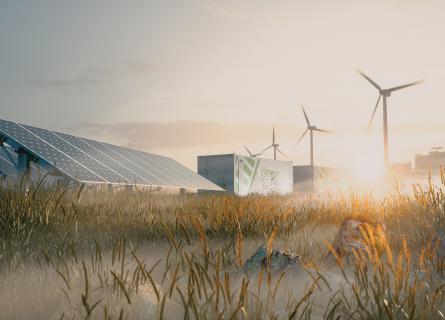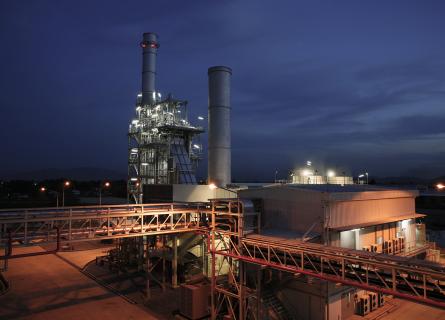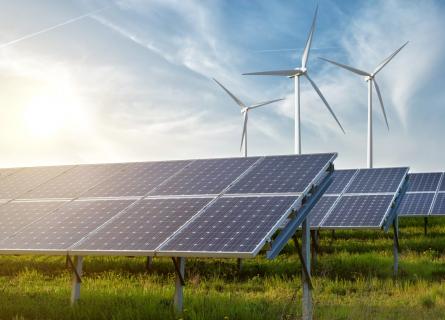
Heat & Power Cogeneration – a forgotten resource in the path towards a 100% renewable electricity system?
For today's electrical system to reach the goal of 100% renewable generation, we need to see the whole picture. Controllable electricity production via cogeneration is often overshadowed in the debate, even though it provides unique opportunities in a renewable electricity system.
If you use cogeneration of heat & power in the right way, it can enable increased amounts of solar and wind power to be utilised in the electrical system. This spring, Truls Martinsson, student at Lund University, together with AFRY, wrote a dissertation on heat & power cogeneration with a view to shed light on- and spread knowledge about challenges that the electricity system faces today, from a heat & power cogeneration perspective.
As part of the Energy Agreement (2016), the Swedish electricity system has started its journey towards 100% renewable energy. The transition requires new investments in the electricity system, however, through today's economic instruments, certain types of power generation see a benefit at the expense of others. This has led to a phasing out of plannable electricity production, which has led to forced premature closure. This phasing out of plannable power production can lead to, among other things, a lack of electrical power and a lack of so-called system services.
To succeed in operating electricity systems safely, more than just production and transmission of electricity are required. Yet only supplied energy is paid for by consumers in the Swedish electricity system at present. Electricity system operation is made possible in part by factors such as reactive power, synchronous inertia and frequency reserves, which are sometimes referred to as "system services". Lack of these system services can lead to down-regulation of power production and bottlenecks in electricity transmission as well as extensive power outages – and consequently higher electricity prices and higher greenhouse gas emissions. System services are often associated with nuclear power or hydro power, but can also be provided by renewable heat & power cogeneration plants - provided that financial incentives are in place.
Without measures, the availability of system services in the Swedish electricity system risks disappearing in connection with the phasing out of nuclear power. What challenges such deficits present is something that experts are already concerned about and although we are far from the 100% renewable target, we have already been forced to burn oil in reserve power plants due to a lack of system services in the electricity grid. To take care of the system services, and to ensure that they remain in place in the future, preventive measures are required today. Financial compensation for producers who provide these system services thus becomes a win-win solution. The electrical system's operational reliability is maintained, the transition to 100% renewable power production becomes seamless and socially critical infrastructure is given better conditions to survive.
AFRY has supported the transition to low-carbon, clean energy sources, and energy efficiency since the 1990s. As consultants and advisors, we help our customers define appropriate measures during all stages of the energy transition, and as engineers, we deliver innovative solutions to achieve our sustainability goals.



